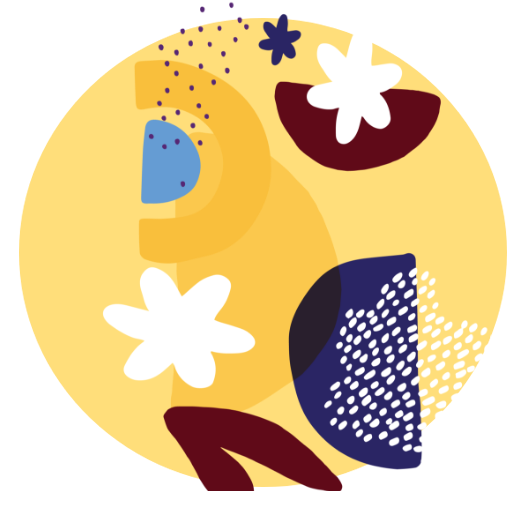
The Center has a unique vantage point as an interdisciplinary unit within the University’s Academic Health Center. This makes it ideally suited to be a hub for scientific discovery and scholarly endeavors in integrative health and wellbeing.
With more than 80 faculty members representing the world’s diverse healing traditions and an array of scientific disciplines, the Center is a pioneer in forging new and bold paths towards empowering all people at any life stage, to live fully and be well.
Research at the Center
The Center is committed to conducting rigorous science that can inform health policy, programs, and practices. Its Integrative Health & Wellbeing Research Program and Center faculty have an array of research interests and methodological expertise.
Faculty are involved in designing original grant-funded research, participating on research teams, mentoring aspiring scientists, and applying and integrating research into the Center’s academic courses.
Research Goals
Our research goals concentrate on some of the most pressing health issues of our time.
Empowerment
To empower people to live active and meaningful lives we are exploring the potential of complementary and integrative health (CIH) and self-care practices. Research at the Center has focused on a broad array of commonly used CIH practices including meditation, Mindfulness-Based Stress Reduction, manual therapies like chiropractic manipulation and massage, health coaching, acupuncture, contemplative movement like yoga, Tai Chi, and Qi Gong, nature-based therapeutics, animal-assisted interactions, and many more.
Ease Chronic Conditions
To diminish the burden of common chronic conditions, including pain, diabetes, heart disease, and cancer, we are examining the mechanisms and effects of CIH and self-management approaches using unique study designs to speed translation of research to practice.
Health Equity
To reduce health disparities, we are working with and learning from populations in need. Examples include American Indian, Somali, midlife women, healthcare disenfranchised, younger, mid- and older-aged adults, refugees, senior living and long-term care residents, and others.
Whole Wellbeing
To ensure our research is meaningful to those we serve, we measure outcomes from a whole person perspective, and involve community practitioners in the design and delivery of CIH and self-care practices.
Collaboration
To foster change and innovation in how health and wellbeing is viewed, we embrace a team science approach that invites collaboration from community members, students, fellows, scholars, clinicians, and scientists from all backgrounds and disciplines.
Integrative Health & Wellbeing Research Program
The Integrative Health & Wellbeing Research Program unites the science and meaning of wellbeing and increases the capacity for individuals to transform their own lives. Facilitated by partnerships built locally, nationally, and internationally, the research team aims to build a vibrant interdisciplinary research community that uses various modes of inquiry to explore the science of wellbeing from holistic, interdisciplinary, and collaborative perspectives.
